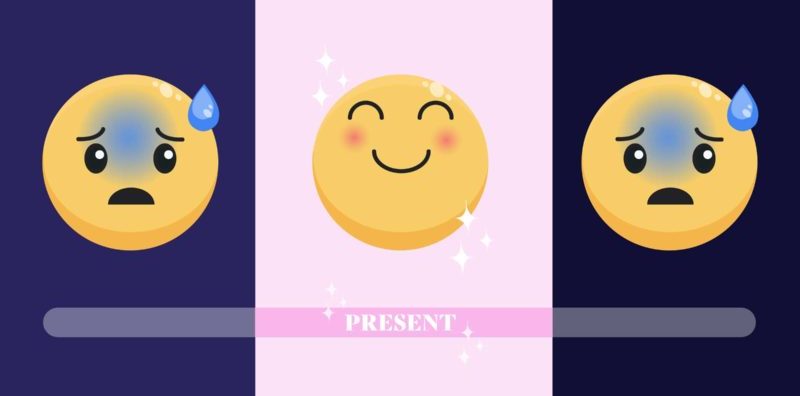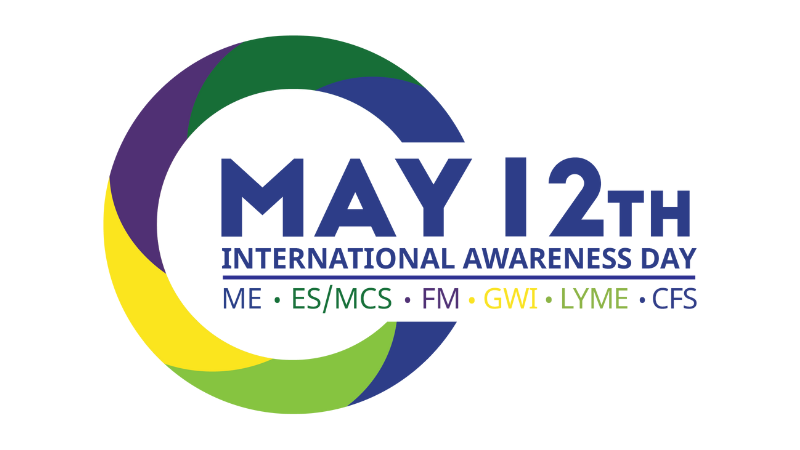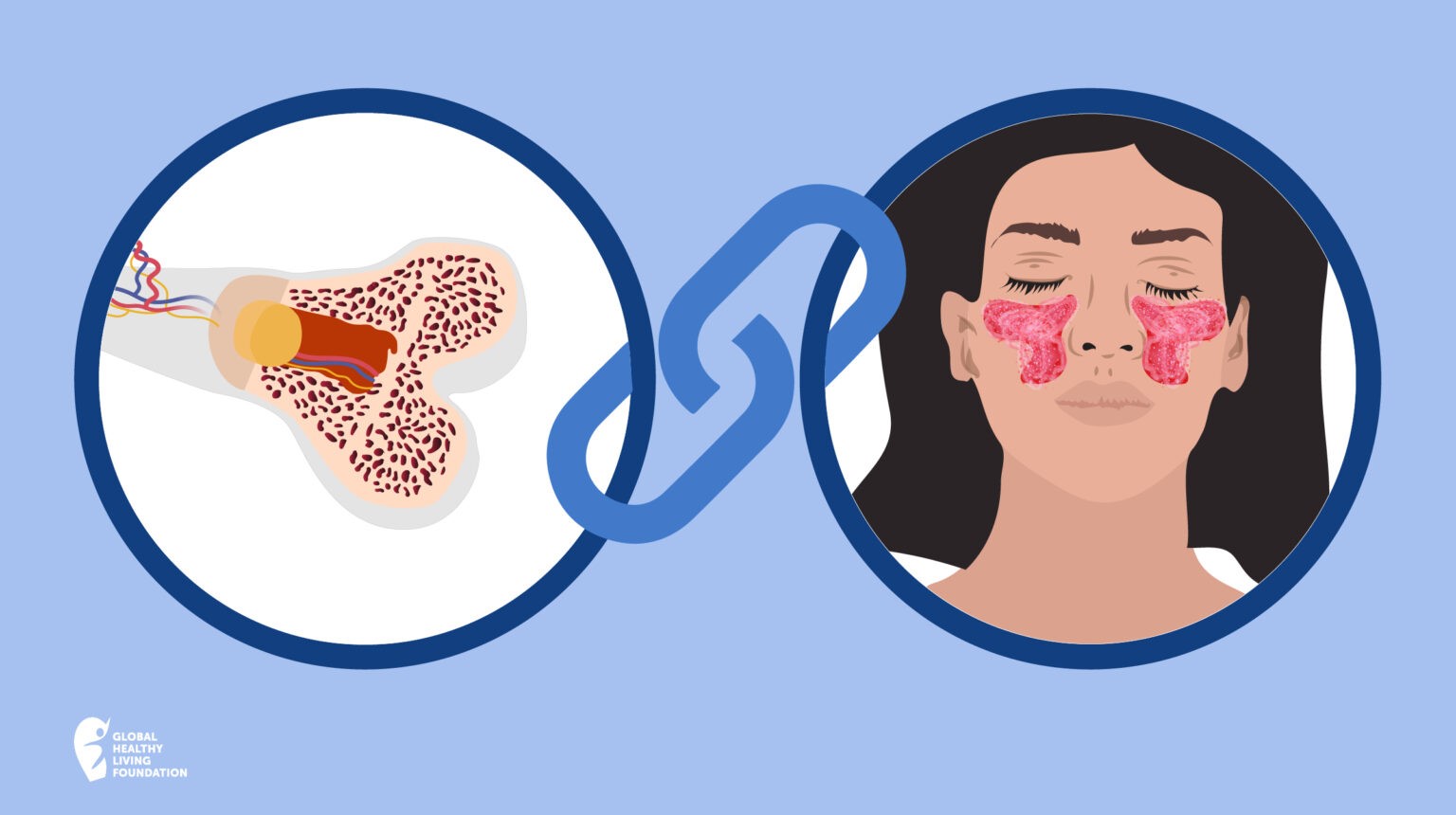

This week in a group I lead, one member declared, “I’m not making plans or trying to think too far into the future.”
Others in the group raised their eyebrows. “How do you do that?” someone asked. “There are so many decisions to be made. I am thinking about the future all the time, trying to figure out what I’m going to do.”
This conversation reminded me of a research study that was cited in the New York Times this week. In 2010 researchers at Harvard found that 47 per cent of the time, people were thinking of something else besides what they were doing in the moment — they were either they were forecasting the future or ruminating on the past.
I suspect the percentage would be much higher in these days of more distraction. But the finding that “mind wandering” made people more unhappy seems like something to pay attention to.
Imagine, probably about half of the time you are mentally somewhere other than right here. You are imagining scenarios that will never happen, or you are stuck in that loop of a memory that you can’t let go. Most of us move easily between those two states, and it is guaranteed to make us anxious, discontent, guilty, worried or scared.
A client of mine told me about her worries. She has older parents who are becoming more fragile physically and mentally. She worries about their vulnerability to COVID. She also has two children who now need more care because they are home all the time, and she worries about bringing in a babysitter because of her own health. She thinks about her work, her insurance coverage, her medical expenses and makes many lists of how she could trim costs or cover her financial needs if she were to be laid off. She is anxious that the stress will cause her medical condition to flare. She is anxious about COVID-19.
Every one of these worries is valid. They are real-life concerns. But none of them have happened.
Like all of us, my client has an unexpressed belief that if she thinks about all these what-ifs, she’ll be prepared when and if any of them happen. But, of course, as we have all experienced in the past months, even our most detailed worries did not prepare us for this current array of crises.
And even without the pre-worry, almost all of the people I know and work with are finding amazing ways to manage and cope with all the unknowns. I have seen great stories of adaptability, resourcefulness and courage.
So, how do we find ways to stay present? That’s where the resources are. That’s where the real coping happens — not in the “futurecasting.”
How to Stay Present
It is simple and small. So simple that we forget to do it, or don’t make the practice a priority.
- Start with noticing where you are right now. Notice something in your environment that gives you pleasure. Look at it, linger on it.
- If you can see outside, notice what the weather is like. Don’t let your mind jump to judging the weather — just notice it.
- Take a moment to feel your body. Note any part of your body that feels relaxed or comfortable. Even when we are in pain, there are some parts of our body that are not in pain. It can be hard to find that, but just try and see if you can locate something – maybe a toe or your ear or your lips. Focus there for a moment.
Now, you’ve just been in the present for a few minutes.
- You can also practice some breathing and counting.
- You can focus on an image in your home.
- You can taste something you love and really savour it.
- You can watch your kids or your pets do something and really see them.
There are hundreds of ways to be in the present. If you want to extend the practice, set a timer on your phone or computer to remind you to be present several times a day.
The more you practice this, the more the habit of forecasting or being stuck in the past will fade.
And when a crisis does come along, you will be prepared. By practising being in the present, you have cultivated emotional and psychological well-being. This is what gives you strength and stamina to manage what comes.
Keep Reading
- Living With Arthritis During Covid-19: Education and Support Resources
- 3 Mini Practices to Build Resilience When You Have Chronic Illness (Even in the Middle of a Pandemic)
- Managing Exercise, Diet and Stress
- EULAR 2020: 50+ Updates That Could Change the Way You Treat Your Arthritis
- Which Health Appointments Should I Attend During The COVID-19 Lockdown?
This article has been adapted, with permission, from a corresponding article by Laurie Ferguson PhD on the CreakyJoints US website. Some content may have been changed to suit our Australian audience.




